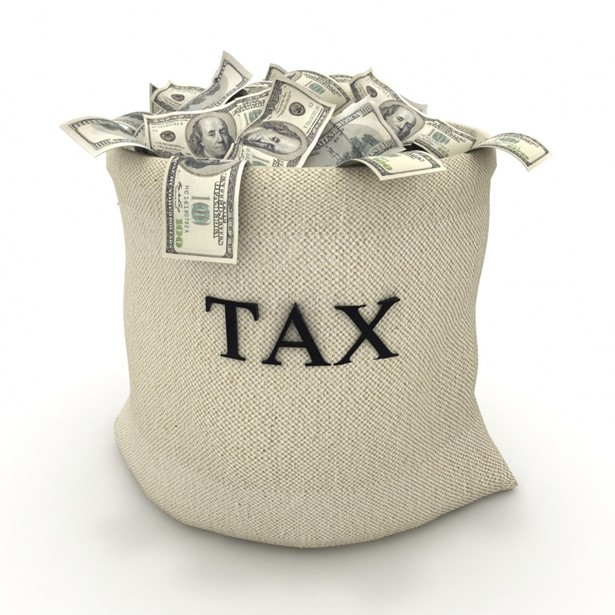Do Poor Countries Need To Raise Taxes?
March 2, 2015 in Daily Bulletin

Poor countries are usually encouraged to keep taxes low to attract business and drive up spending in the hopes of boosting growth. The Economist reported on a paper that indicated that this may lead to more corruption:
- Poor countries levy taxes equivalent to about 17% of GDP. In contrast the EU takes in 40% of GDP.
- The difference is often made up through foreign aid with Africa receiving $51 billion in 2012.
- The theory of loss aversion posits that people hate losing something they have more than they enjoy gaining something of equal value.
- Applied to economic development, it could lead to greater corruption in poor countries, since corrupt politicians are stealing foreign aid money rather than citizens’ hard earned taxes.
- If instead taxes were high and people saw their own money being wasted away, civic engagement may increase, and citizens may demand more accountability.
Read how this theory fared in a small scale experiment, and other details here.
Source: The Economist
Join the Discussion! (No Signup Required)